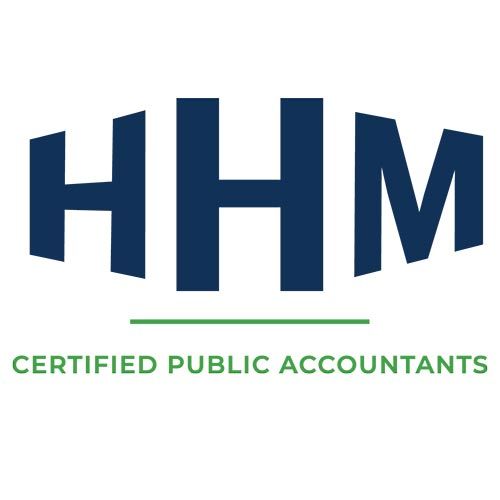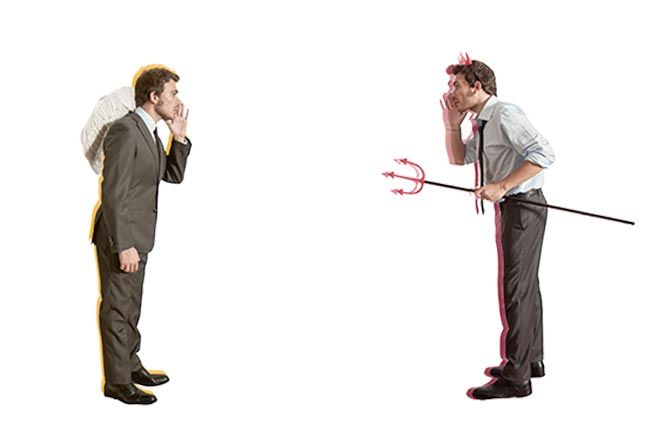If you’ve worked in a dealership for any length of time — especially if you’re responsible for the bookkeeping — you’ve probably heard these famous last words:
“I never would have expected that from him.”
“She seemed like the most honest person here.”
After two decades in this industry, both from inside dealerships and as a CPA and certified fraud examiner specializing in auto retail, I’ve seen internal fraud play out far too often. And it almost always catches everyone by surprise. Why? Because fraud isn’t just about “bad” people. It’s about circumstances — the perfect storm of pressure, rationalization and opportunity.
The Fraud Triangle: Where Fraud Really Starts
Let’s look at the classic Fraud Triangle. This way of thinking about fraud says it takes three things to make an honest person do something dishonest:
- Pressure: A need, want or crisis. Maybe their child is sick, and they can’t afford medicine.
- Rationalization: The mental game that makes it seem “OK.” “They don’t pay me enough — so it’s only fair.” Or my personal favorite, “Other honest people would do the same thing if they were in my situation.”
- Opportunity: This is the real difference maker, and it’s on us as business owners and managers. It’s the environment that allows someone to take cash or assets, and it goes undetected. This could be weak internal controls, a lack of oversight or one person controlling the books with no checks and balances.
I’ve learned that pressure can make good people do things they would never “normally” consider. Rationalization gives them a reason. But fraud can’t happen unless they see opportunity.
Take this to heart: A tremendous amount of internal dealership fraud goes unreported, and you never hear about it unless it’s through the grapevine. Most people who have stolen from a dealership weren’t “bad” people. Even those who have taken millions were trusted employees, even admired, by their co-workers. That’s why it hurts — and shocks — when the truth comes out.
Good People, Bad Moments
Let’s get real. Imagine a loyal employee whose child is incredibly sick. Medical bills are piling up, and there’s no help in sight. Under that kind of pressure, it’s human nature to look for solutions — even ones we’d otherwise call wrong.
Add a powerful rationalization — “Anyone would help their child if they could” — and, if your accounting systems are soft enough, the only thing stopping a disaster is your controls, or lack thereof.
So … Is Fraud About Good and Bad People?
Here’s my challenge: Stop thinking in black and white or trusting your gut to know the difference. Instead, ask yourself if your dealership is a place where opportunity exists for fraud to thrive. If you focus only on the character of your people, you’re setting yourself up for that gut-punch, “I never would have expected it from her.” If you focus on eliminating opportunity, you protect your team — and your business.
The following are the controls that matter:
- Routine bank reconciliations performed daily and reviewed periodically by owners or executive managers.
- Segregation of duties — even for a small staff. Get creative with rotation and cross-training.
- Clear, enforced policies for recording, tracking and reconciling payments.
- Following up when something seems off or the explanation sounds confusing. Communication and a little skepticism go a long way.
I’ve investigated fraud losses in dealerships numerous times in recent years, even losses that ran into the millions. Improper or missing bank reconciliations, bottleneck employees and confusion over payments were almost always present. Fraud is possible when controls are missing, and opportunity opens the door. The rest is simply human nature, sometimes pushed to an extreme.
Final Thought — You Have the Power
Don’t let “I never would have expected that from him” be the first sign you have a problem. Instead, get proactive about controls, foster a culture of transparency and remember: Given the right pressures and rationalizations, opportunity is all it takes for fraud to happen — even among the “good” ones.
Ask yourself today, “If I were desperate, where does opportunity exist in my store?”








